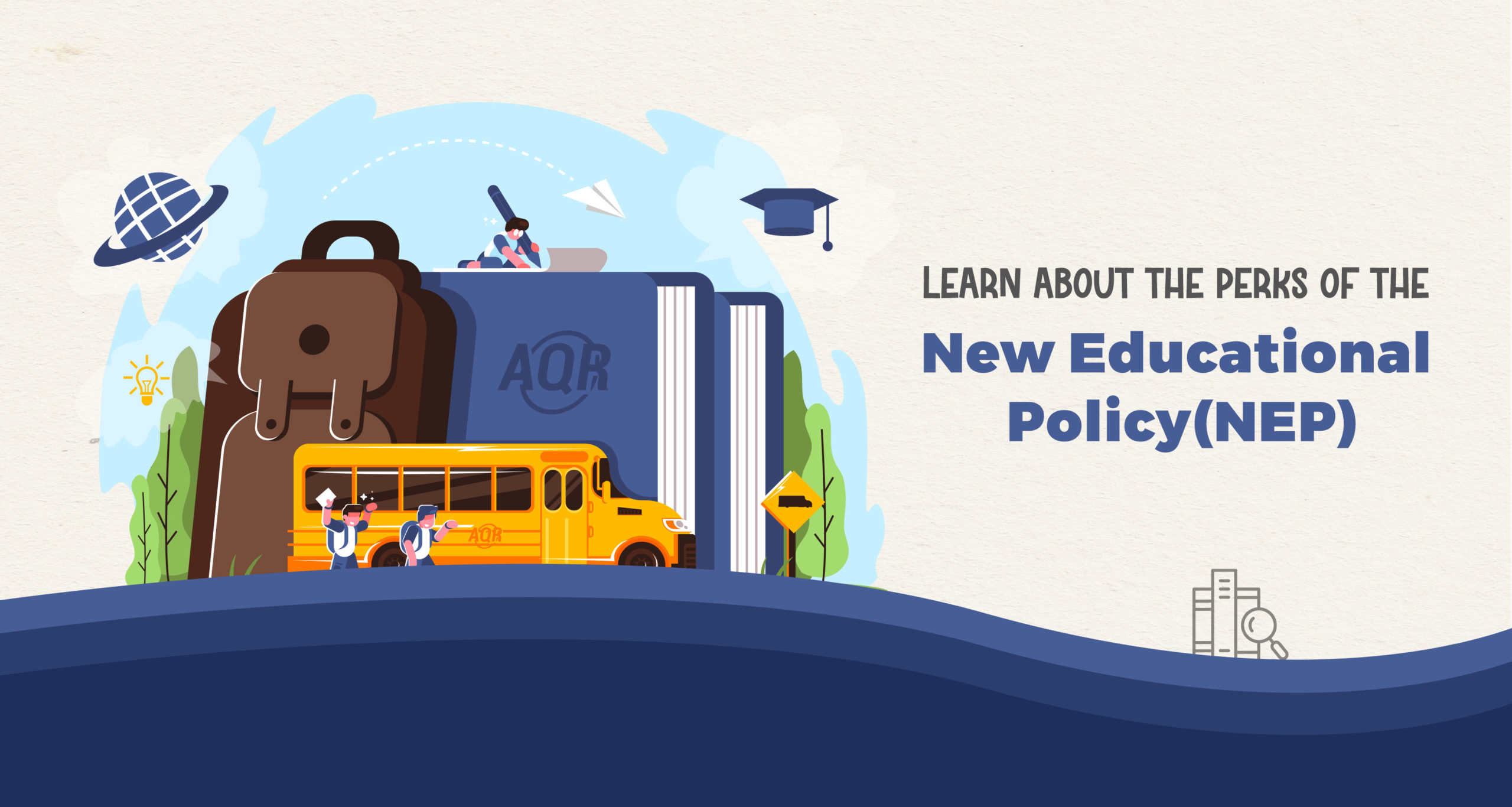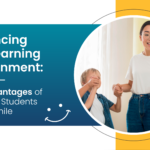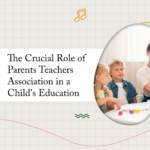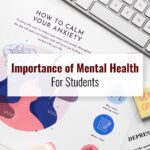
Learn about the perks of the New Educational Policy(NEP)
India is a powerhouse of knowledge. The quest for knowledge is a prolonged and continuous process that aims to make an individual strive for perfection. An individual always tries to keep the best foot forward when it comes to learning and development. The traditional method of learning undoubtedly makes a child the brilliant minds of tomorrow, but what they lack is that every child is unique and has the potential of exploring the varied unexplored horizons that cater to their development.
Keeping in mind the need for a holistic curriculum, wherein a child learns a skill every day, the current National Educational Policy aims to revamp the traditional method of learning into a rather skill-oriented and student-friendly one. The National Educational Policy is based on four pillars which are Access, Equity, Quality, and Accountability. The highlights of the Policy are-
1. The proposed educational structure will be based on a 5+3+3+4 structure for ages 3-8 years (foundational stage), 8-11 (preparatory), 11-14 (middle), and 14-18 (secondary) which would comprise 12 years of school and 3 years of Anganwadi/pre-school replacing the 10+2 structure.
2. Emphasis was laid on vocational education in the schools from the 6th grade and will include internships.
3. The structure proposes mathematical thinking and scientific temper coding from Class 6.
4. The NEP focuses on imparting education in the mother tongue or regional language for the students till Class 5.
5. Sanskrit to be included at all levels as an option that includes three language formulas.
6. A New National Assessment Platform PARAKH (Performance assessment, review, and analysis of knowledge for holistic development) will be set up.
7. Multiple entry and exit points with proper certification would be available.
8. The NEP focuses on critical thinking, discovery, inquiry, discussion, teaching-based analysis, and holistic learning methods of education.
9. To reduce the dependency on textbooks, the NEP focuses on E-learning.
10. The National Educational Policy aims to achieve 100% youth and literacy.
 AIR CONDITIONED
AIR CONDITIONED




